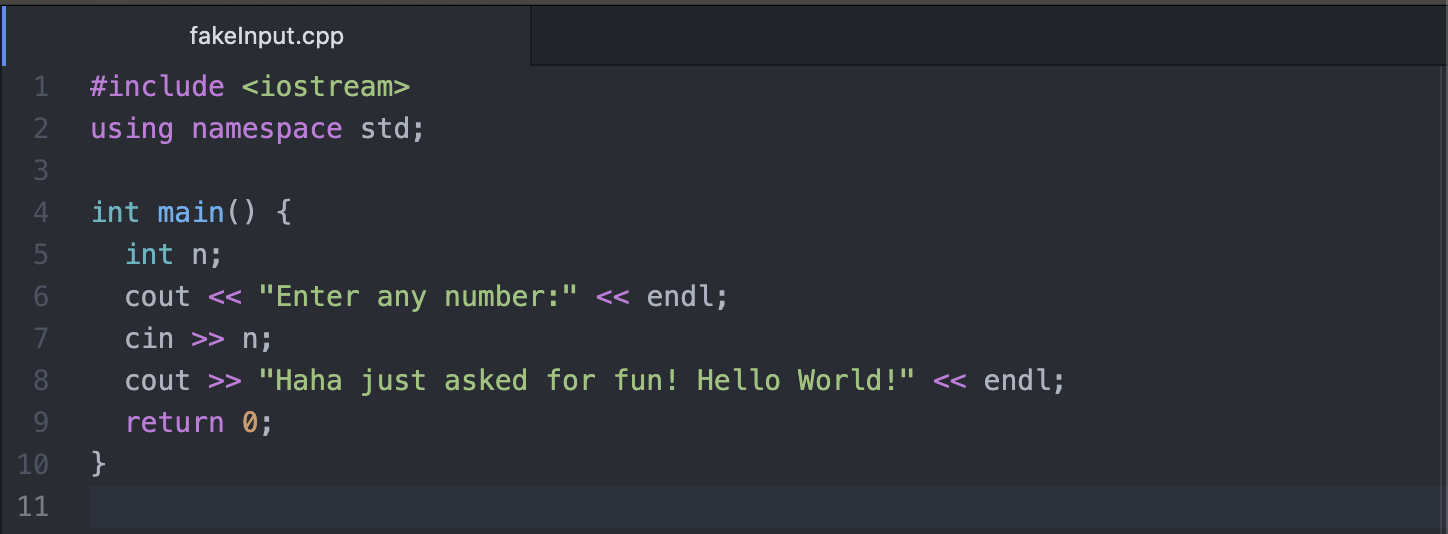[Python] #2 Python Functions
This is a self note while taking the online course from:
LinkedIn Learning: Learning Python by Joe Marini
LinkedIn Learning: Python Essential Training by Bill Weinman
1. Argument with default values
- args with default values have to be at the end
def power(num, a=1):
result = 1
for i in range(a):
result = result * num
return result
2. Variable number of args
def multi_add(*args):
result = 0
for x in args:
result = result + x
return result
3. List of args
- passing list, dictionareis as arg => *list, **dict
# variable args for list
def arg_list(*args):
if len(args):
for s in args:
print(s)
else:
print("Empty list")
print()
# key-word arguments for dictionary
def kwarg_func(**kwargs):
if len(kwargs):
for k in kwargs:
print('{}, {}'.format(k, kwargs[k]))
else:
print('empty dictionary')
print()
# pass variables directly
arg_list(1, 2, 3)
# pass list, tuple as argument
x = (1, 3, 5, 7)
y = []
arg_list(x)
arg_list(*y) # this is the right way
# pass pairs of data directly
kwarg_func(one='1', two='2', three='3')
# pass dict as argument
a = {'4': 'four', '5': 'five', '6': 'six'}
kwarg_func(**a)
# These raise an TypeError:
"""
kwarg_func(a)
kwarg_func(*a)
"""
Result:
1
2
3
(1, 3, 5, 7)
Empty list
one, 1
two, 2
three, 3
4, four
5, five
6, six
empty dictionary
4. Generator
- Generator is a special class of function that serves as an iterator (returns stream of values)
- Use “yield” keword
# A generator which works as an inclusive range function
def inclusive_range(*args):
numargs = len(args)
start = 0
step = 1
# initialize parameters
if numargs < 1:
raise TypeError(f'expected at least 1 argument, got {numargs}')
elif numargs == 1: # ex. range(1) = 0, 1
stop = args[0]
elif numargs == 2: # ex. range(1, 3) = 1, 2, 3
(start, stop) = args
elif numargs == 3: # ex. range(1, 5, 2) = 1, 3, 5
(start, stop, step) = args
else:
raise TypeError(f'expected at most 3 arguments, got {numargs}')
# generator
i = start
while i <= stop:
yield i
i += step
5. Decorator
- Decorator is a form of meta-programming (special type of function) which returns a wrapper function.
- @wrapperfunction: use this function as the wrapper function
- (In Python) Everything including functions are objects.
def f1(f):
def f2():
print('this is before the function call')
f()
print('this is after the function call')
return f2
# f1 takes f3 as an argument, returns and assigned that name of f3
@f1
def f3():
print('this is f3')
# cannot call f2() directly, bcs f2 only exists inside the scope of f1 (f1 is a wrapper for f2)
# f2() --> X
# directly call f3() which is already wrapped by f2 in f1
f3()
print()
# double- wrapping
y = f1(f3)
y()
(Result)
this is before the function call
this is f3
this is after the function call
this is before the function call
this is before the function call
this is f3
this is after the function call
this is after the function call

